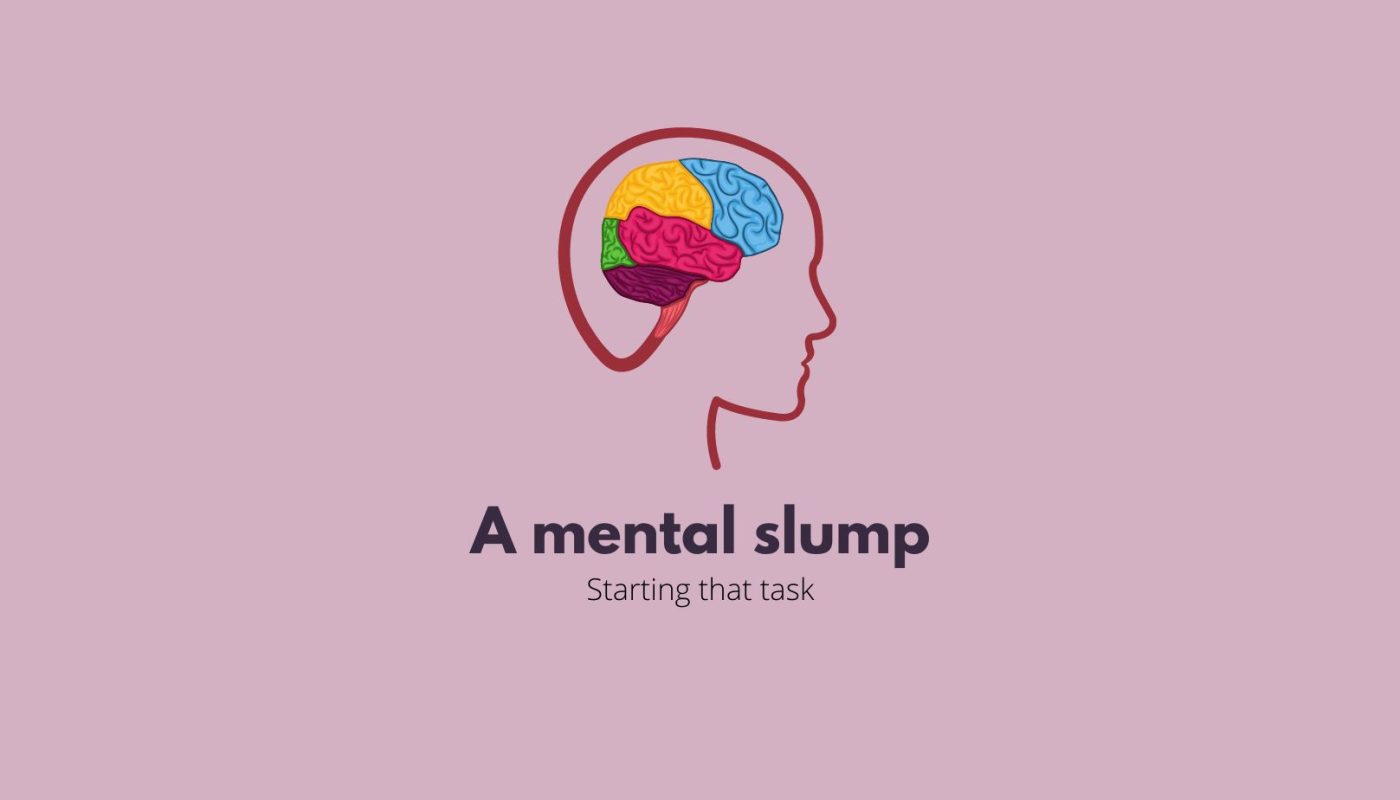So, since the majority of us are either working, studying, or have a tonne of tasks to complete or if you don’t, It seemed only fitting that I write about that. When you’re feeling unmotivated to do something, it can be difficult to even start. Just the thought of starting it fills you with dread. Okay, maybe I’m being dramatic, but that’s how it truly feels. This makes you want to avoid it even more.
I’ve compiled a list—randomly sorted—of multiple strategies, some simple and others more complex, that can help you reduce your level of un-productiveness, either alone or in combination. Moreover, remember to take baby steps; starting out too large may hinder your progress.
Forgive yourself . Self-forgiveness can help you feel more positive about yourself and reduce the likelihood of future slumps.
Get Enough Sleep. A minimum of 8 hours of sleep is required for normal brain function. According to research, students may require even more. To increase your productivity in the long run, make it a habit to unwind at the end of each day and go to bed calmly. Exercise or meditation can help you tyre out your body and relax your mind. Because stress is a leading cause of sleep deprivation, your first priority should be to look after yourself.
Eat Healthy. A well-balanced diet is your brain’s best friend. As students, we put a lot of strain on our bodies, and a simple solution is to incorporate more nutritious meals into your diet. This will keep your energy levels up and your studies more productive. Student productivity is dependent on a strong immune system and good health.
Make a commitment to the task. Concentrate on doing rather than avoiding. Make a list of the tasks you need to complete and set a time to complete them. This will enable you to approach your work more proactively.
Make a reward for yourself. If you finish a difficult task on time, treat yourself to a slice of cake or a cup of coffee from your favourite coffee shop. And don’t forget to appreciate how satisfying it is to complete tasks!
Request that someone check in on you. An individual who has your best interests at heart and who is able to motivate you. A close friend or family member.
Act as you go along. Rather than letting tasks pile up on another day, tackle them as soon as they arise.
Re-examine your internal dialogue. The phrases “need to” and “have to,” for example, imply that you have no choice but to do something. This can make you feel powerless and even lead to self-sabotage. Saying, “I choose to,” on the other hand, implies that you own a project and can help you feel more in control of your workload.
Reduce distractions. Turn off your email and social media accounts, and avoid sitting near a television!
Every day, try to eat first thing in the morning! Get those tasks that you despise done as soon as possible. This will free up the rest of your day for you to focus on more enjoyable tasks.
Manage your energy rather than your time. It is important to work at your most productive times. When you are tired or cranky, your chances of avoiding work increase significantly. Take enough rest, control your nutrition, and exercise to improve your feelings.
Work on your habits. If you know yourself and find out why you defer constantly certain things, you will be able to change your habits and lead them towards less procrastination and greater productivity.
Let me know in the comments what you do when you need to complete a task.
 “You’re off to Great Places!
“You’re off to Great Places!
Today is your day!
Your mountain is waiting,
So… get on your way!”
― Oh, the Places You’ll Go!
N.b. If you believe that your emotions are becoming more intense, or that your efforts to control your emotions are causing problems in your life. If you are experiencing a crisis or believe you may be experiencing an emergency, call your doctor immediately, or speak with a qualified, experienced counsellor at a crisis centre in your area at any time



